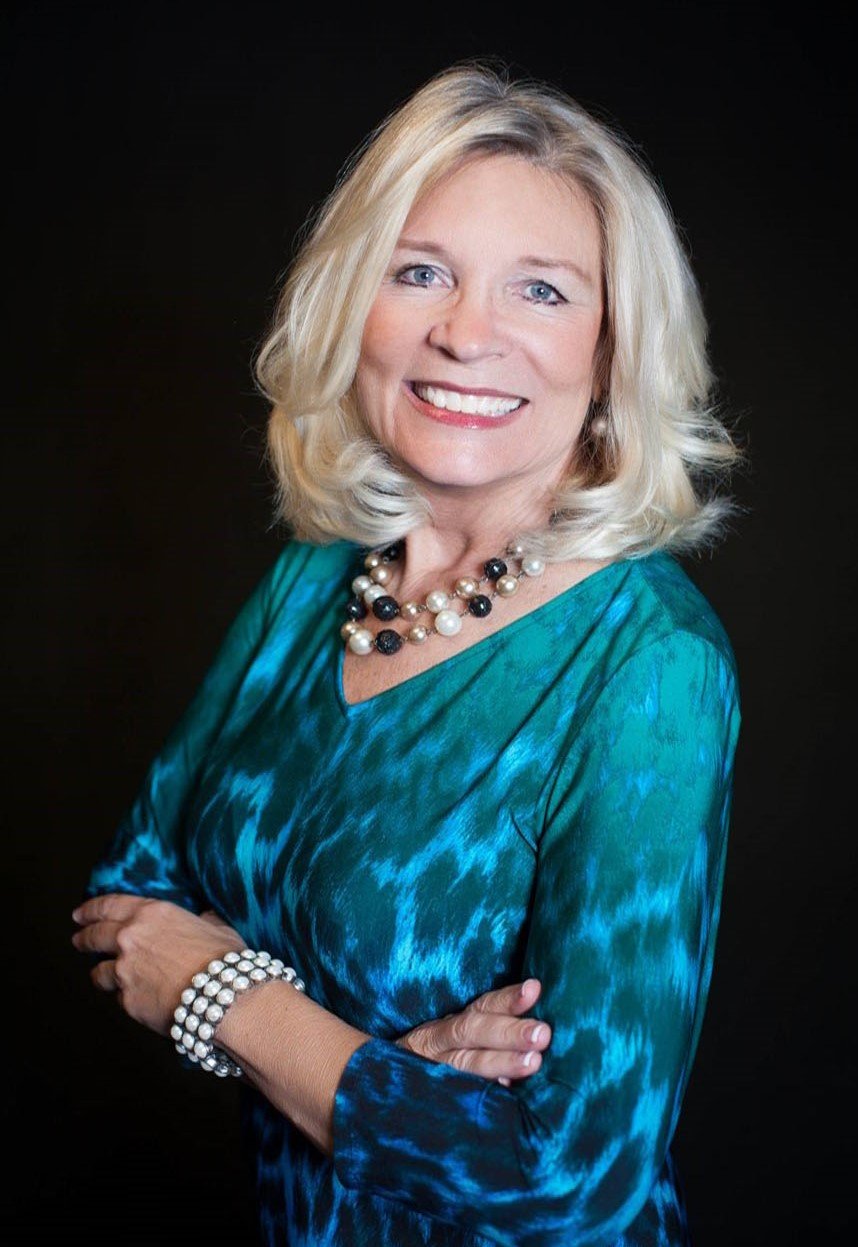But how are the kids?
Child abuse suspected to be on the rise as mental health and drug abuse cases see surge in calls
A recent graduate child psychology at the University of North Florida, Christiana Mosby’s short tenure as a guidance councilor in the region has resulted in over 10 calls to the Department of Child Services in just under three years.
Her first call was during an internship at a head start preschool in Nassau county. As part of the school’s policy, each child undergoes physical and verbal “check” each morning. One student arrived that day with his usual positive attitude and smiling face. Only that same face was now sporting a black eye.
The preschooler told Mosby he had gotten it playing with his sister and accidently hitting his head on the dresser. His sister collaborated the story, almost word for word.
“It didn't seem right,” Mosby said.
After a few more questions and careful prodding, his sister revealed her 5-year-old brother had been playing with his father’s fishing pole and was subsequently beaten with it, causing the black eye.
Hushed voices retreated behind closed doors to call CPS to report.
“My adrenaline was going,” Mosby said. “I left that day and was like, ‘wow.’ When you're working at a school you don't have any idea what these kids go through when they get home. It is hard not to think about that. These (particular) kids were so happy, you would have never known.”
Unfortunately, Mosby story is typical of child abuse reports. Someone sees something and feels “not right” about it — enough to question it. After social distancing restrictions were implemented and schools closed, however, far fewer people are making abuse reports, if only because there are fewer eyes to see.
Even worse, according to Dr. Christine Cauffield, CEO of LSF Health Systems, although there are fewer calls, abuse may be ironically on the rise. Child abuse is often the result of other mitigating mental health factors that have been dramatically increasing during the past month.
“Unfortunately, during man-made and natural disasters, what we see is an increase in child abuse, domestic violence, relapses and suicides,” Cauffield said. “It's really a very challenging time in the behavioral healthcare arena. Oftentimes individuals that have anger control issues and now are feeling out of control and unable to manage with healthy coping mechanisms.”
One major triggering factor is drug abuse and relapse. According to Cauffield, the region has seen a 20% rise of overdose calls to EMS, with 466 more calls. A number “far exceeding” what was typically seen on a monthly basis. “It was the highest incidence of overdoses…ever,” Cauffield said.
“We have some parents that are saying they can't deal with their kids anymore, particularly their teenagers,” Cauffield said. “With their increased use of drugs and alcohol it’s really creating a very dangerous situation.”
This past March, the Florida Department of Children and Families reported a 30 percent increase over the previous month in the number of calls to their domestic violence hotline.
Currently, LSF is still performing home visits to “high risk” cases, gearing their workers with PPEs and new policies. Other families are doing a virtual home visits or “telehealth” services. While Cauffield said that some, mostly younger, individuals are benefiting from at-home, tech-savvy care, others are having difficulty coping with the change.
“A lot of people of people are struggling with not getting the same services as they were before,” said Ashlyn Taylor, senior dependency case manager for the Family Integrity Program. “They could go to a location where they could meet face-to-face with someone. Now, they’re doing a lot of therapies on the phone. It’s a good alternative, but it’s not the same. I definitely believe that more kids are currently going through a more difficult time. There is just nobody there to be that outlet for them.”
Taylor said that many people on her caseload are struggling to meet their milestones and complete their programs. Far more than usual are missing their drug tests and check-ins due to resorting back to unhealthy coping strategies during a stressful, uncertain time. Taylor said she doesn’t even blame them, as she herself has been feeling the weight and anxiety of past month. Right now, while the vulnerable may be more at risk, everyone has an increased potential to be triggered into unhealthy habits and mindsets.
Dr. Cauffield described the sensation similar to coping with loss.
“Part of what is going on is that we're grieving,” Cauffield said. “We are grieving the loss of connection. We're grieving freedom and it takes a lot of energy. It also brings up a lot of emotions, such as anger, sadness and denial. It also brings up past grief and loss issues. We are finding people are thinking about their grandmother's death 20 years ago and sadness around their divorce that happened five years ago.”
To report potential abuse, call 1(800) 96-ABUSE. If you or someone you know is experiencing mental health or drug related issues call 1(877) 229-9098 to access the help line to speak with someone on the LSF clinical team.







